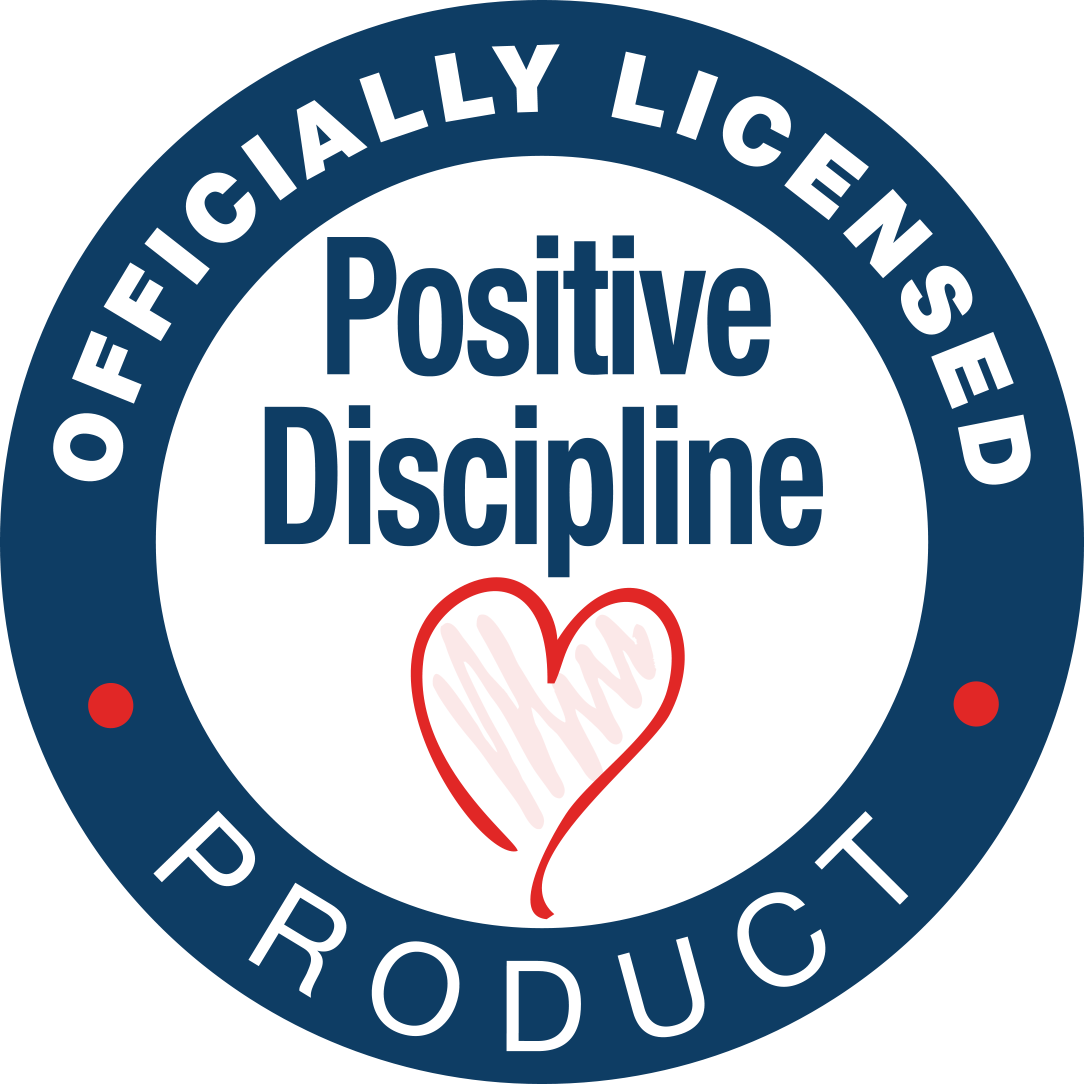What is Positive Discipline?
“Where did we get the crazy idea that in order for children to do better, we have to make them feel worse first. Children do better when they feel better.”
Positive Discipline by Jane Nelsen
Positive Discipline teaches young people from an early age to become responsible, respectful, and resourceful members of their communities. Based on the best-selling Positive Discipline parenting books by child psychologist Dr. Jane Nelsen, Positive Discipline teaches important social and life skills in a manner that is deeply respectful and encouraging for both children and parents. Recent research tells us that children are hardwired from birth to connect with others, and that children who feel a sense of connection to their community, family, and school are less likely to misbehave. Positive Discipline is based on the understanding that the key to positive parenting is not punishment, but mutual respect.
Positive Discipline Books
What are the 5 criteria of Positive Discipline?
The 5 criteria of effective discipline are:
1. Helps children feel a sense of connection.
(Belonging and significance.)
2. Is mutually respectful and encouraging.
(Kind and firm at the same time.)
3. Is effective long – term.
(Considers what the child is thinking, feeling, learning, and deciding about themself and their world – and what to do in the future to survive or to thrive.)
4. Teaches important social and life skills.
(Respect, concern for others, problem-solving, and cooperation as well as the skills to contribute to the home, school, or larger community.)
5. Invites children to discover how capable they are.
(Encourages the constructive use of personal power and autonomy.)
What is Adlerian Psychology?
Positive Discipline is based on the work of Alfred Adler and Rudolf Dreikurs, called Adlerian Psychology. Alfred Adler was a psychiatrist who lived between 1870 and 1937. What we love about Adler is that he advocated for equality of all people. He believed that everyone (including children) deserved dignity and respect. Rudolf Dreikurs continued to promote the work of Adler and added his own research to Adlerian theory, passing away in 1972.
A theme of Adlerian psychology is that a misbehaving child is a discouraged child. The most powerful motivation for change is encouragement. If a child—or adult—misbehaves out of discouragement, it follows that the motive for misbehavior is removed when he or she feels encouraged.
Here’s what Adler said about beliefs behind behavior…
Alfred Adler

Sproutable’s online courses are officially licensed Positive Discipline products.
Want more?
Learn from our experts.
We show you how to turn challenges into opportunities to learn and teach. All classes and coaching are based on Jane Nelsen’s Positive Discipline. We also love science over here. Connect with us to learn more about the emotional brain and the social neuroscience that backs up the best Positive Discipline practices.
How does our emotional brain work?
What skills might be lacking when we see misbehavior?
Is this a normal part of development or is something else going on here?
